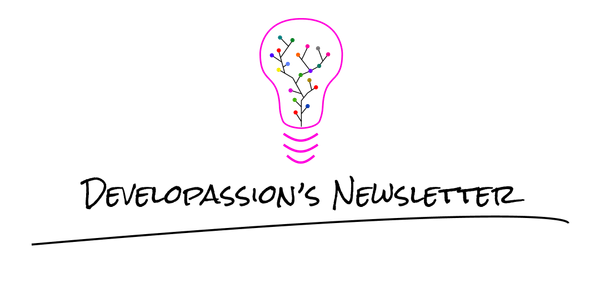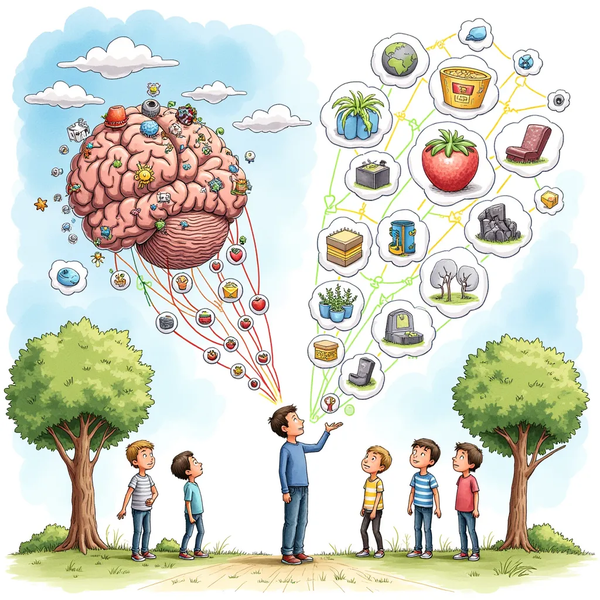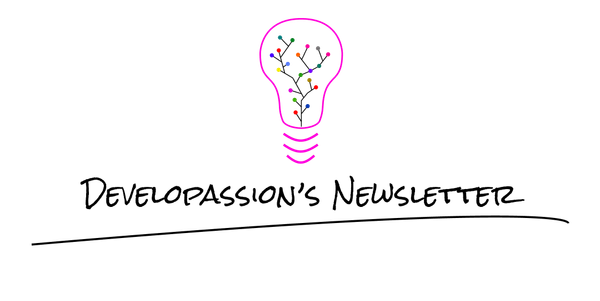Learn Everything on Your Own With Ease
Unleash the power of self-learning with proven tips and strategies designed for hungry minds eager to expand their knowledge and skills independently
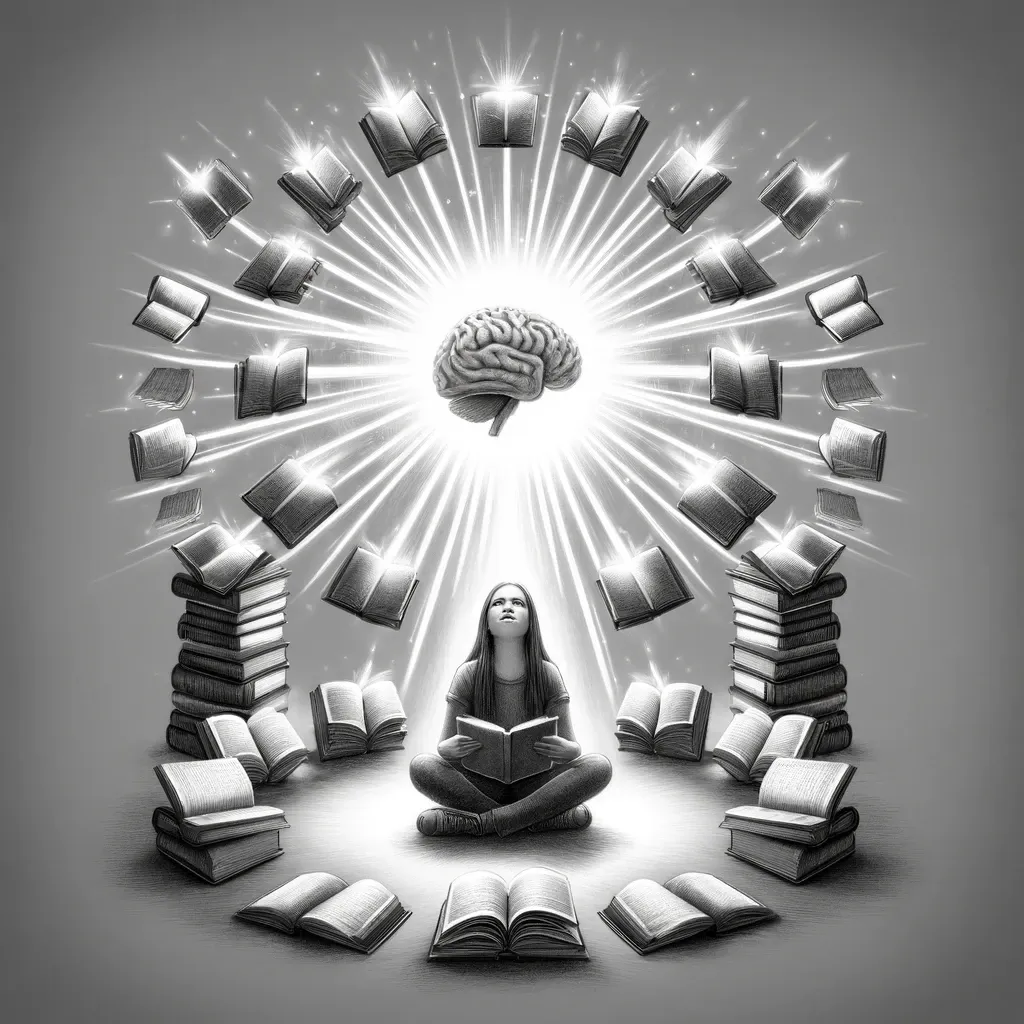
Oh my, learning... This topic is literally all my life (if I put aside my family and friends for a minute :D). To me, learning is just like a drug.
If you have a passion, and I sure hope you have at the very least one, then you can surely dedicate your entire life to learn about things that you like without ever getting bored out.
Moreover, if you have the chance to live from your passion, like I do, then most of the work you’ll do will feel like playing video/board games or reading books: FUN, PLEASURE and JOY.
Introduction
In my line of work (computer geekery, or IT, depending on how you want to call it), learning is the only constant. IT evolves so much and so fast that it’s simply impossible to keep up. Thus, as with many other things in life, you have to pick your battles carefully.
There are too many things to learn, but some of those will not bring you long term benefits, so you need to develop a good sense of what is just hype and what will become popular and have long term value for you to know about. That’s a good subject for another post.
Learning is a must; people who hope to learn everything they need to know “once” and hope to stick to that for the rest of their career are sure to become obsolete in no time, unless they do very repetitive work (and even then…). Making an habit of learning by yourself is really valuable.
So what did I learn in the last year?
- How to create a company: https://www.developassion.be/
- How to write and publish a book: https://www.amazon.com/gp/product/1789615860?tag=dsebastien00-20
- How to market my content through social media networks
- How to create and publish a newsletter: https://newsletter.dsebastien.net
- How to cook delicious meals: http://dunsimplezeste.com
- How to develop Progressive Web Applications and how to develop service workers
- How to develop back-end applications using NestJS, React and Vue.js
- How to use Kubernetes, how to develop and deploy applications using Helm, how to deploy ingresses, how to deploy TLS certificates on top of it all, etc
- How to create and publish VS Code extension packs: https://medium.com/@dSebastien/vs-code-extension-packs-to-boost-productivity-fa1ba44dfc2e
- How to deploy, configure and use the NoSQL CouchDB database
- Some chords and songs on the piano
- How to ride a horse with the American style (mighty cool!)
And so many other things I don’t have in mind right now ! 😄
Learning Helps You Evolve
The cool thing with learning is that it keeps neurons active for longer. It probably also extends life expectancy, but I wouldn’t bet on that. I’m no scientist and am not planning on doing research around this; so check this on your own if you’re curious (one more opportunity to learn something new today!). In my case, it’s pretty obvious since my two neurons still feel quite active as I’m getting older ;-)
One thing that is for sure is that learning keeps me entertained and helps me be more creative and insightful (at least I believe so ^_^).
Why You Should Always Want to Learn More
I sincerely hope that all the current & future teachers of my children will convey at least this one idea to them: they’re just scratching the surface of everything they’re discovering in class, and they should never ever be satisfied with just that. They need to be encouraged to learn more on their own, to experiment, to question everything, but also to find JOY in learning.
Why Learning on Your Own is Key
Being able to learn on your own is critical, as it removes many barriers in life. For instance, faced with new challenges, you could think “I’ll never be able to become ABC or do DEF, because I don’t know XYZ”, while in many cases and if you’re motivated enough, you can fill most of those gaps. Don’t know anything about digital marketing? No worries, just dive into it for an afternoon and you’ll know a few things about it; far of course from what a professional should know, but enough to get started. Come back to it the day after and you’ll go one step further. Do that for a month, and you’ll be quite knowledgeable about the subject.
Of course, you can’t become an expert in a month, but you’d be surprised how fast you can acquire new skills with some determination and consistency in your efforts.
A few years back, I moved into an IT infrastructure position after having worked in software development for a while and it certainly wasn’t an easy transition as there was a lot of pressure. Luckily, my mindset has helped me a great deal to just keep learning every single day. I can’t say that I became an expert in that domain (whatever that means), but I did some cool things with my team and I’m really proud of that.
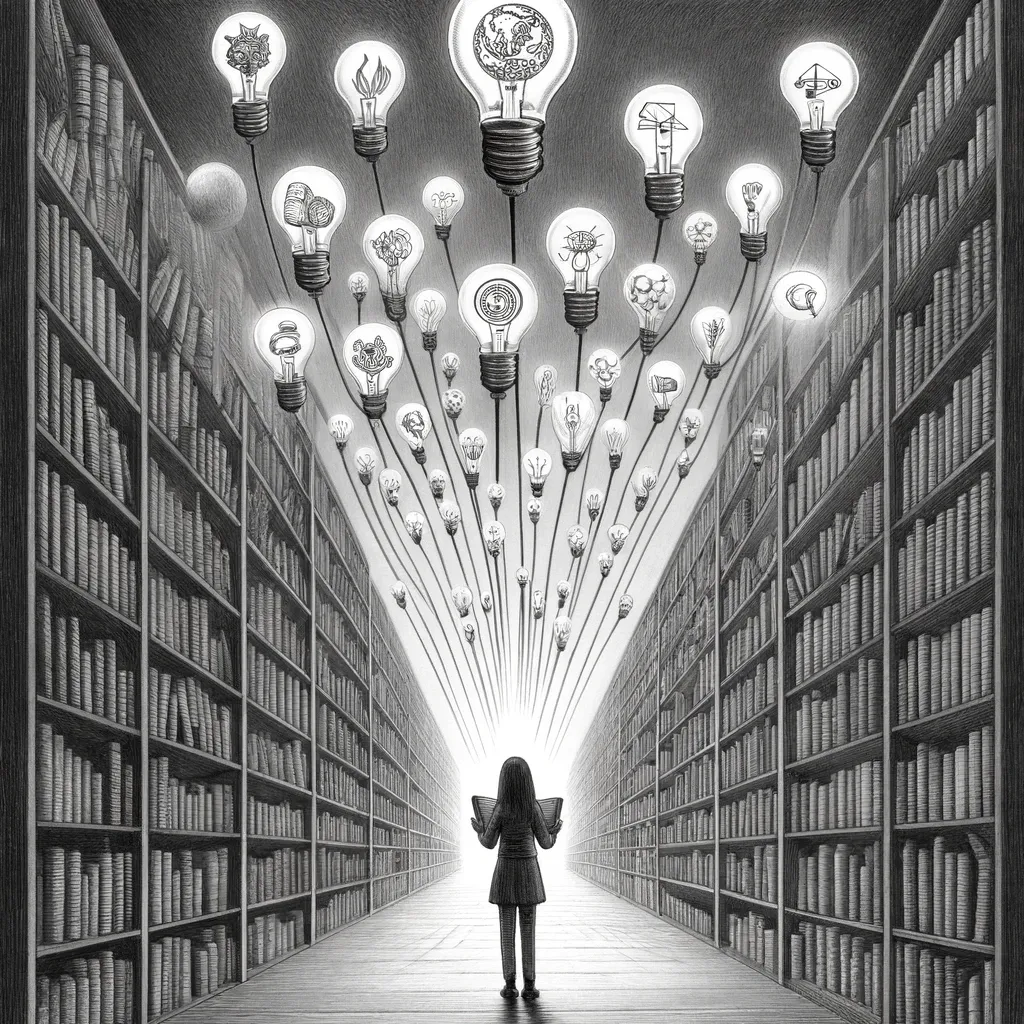
Tips to Improve Your Learning Skills
Very humbly, here are some of my ideas around learning:
My first and most important advice is to stay curious. Be curious about why things exist, why they work, what makes them tick, etc. Keep your mind open to discover new things. Never think that “you know enough”; ban those thoughts forever; never allow yourself to believe that about anything. It is simply never the case. This is clearly related to the impostor syndrome but that’s another story :)
Another one is to read as much as you can about whatever you want to learn. Dive into it as if it was a pool of knowledge. Drink whatever you can from it; there’s no limit (apart from your sanity). The more you read about something, the more you can connect the dots. Use different source/formats/mediums/authors to get different perspectives on the subject.
Don’t hesitate to dive into documentation on your own. If you see gaps in some explanations, then don’t hesitate to write/blog about it or even contribute at the source to improve the status quo; it’ll help you reinforce and ingrain the knowledge in your mind.
Start small and concentrate on one thing at a time by applying the divide and conquer approach. Whatever you want to learn can always be decomposed in small building blocks that you can understand one at a time. Onions are made of many layers that are put on top of each other, one by one. Start by looking at the onion, then . It starts and the core and it gets larger and larger by adding new ones until it makes you cry.

Try things on your own, even if it looks silly. Start from the very basics and experiment as much as you can. You can drastically accelerate learning by making use of what you learn. Reading about something is almost never sufficient, even if you understand everything you read. If you stick to reading documentation, then you’ll forget two third of whatever you’ve discovered (if not even more). Trying new things is a game. Play it as much as you can!
Identify the experts in the field and follow their work. Contact them if you can and try to get some advice from them. Identify trends and convergence points. You can quickly “understand” the state of the art, simply by observing carefully. Twitter us a great place to look at in this regard (at least for IT).
Write about and share what you learn. Writing about something you have learned will make it evident if you really understood the material. If you didn’t, then it’ll be really hard for you to explain or write about the subject. As a side benefit, you’ll also have a sort of log/history of what you’re learned. Reading that again later will reinforce the information in your memory.
Invest time into Knowledge Management. Learn the basics (smart notes, atomic notes, how to organize your knowledge, Tools for Thought, Maps of Content, etc). Start using a tool such as Obsidian. Start journaling, use your journal to capture what you learn. Connect ideas, and you'll start creating an external brain of sorts that you can rely on for a lifetime. Check out my articles to learn more.
Also, take a look at my course on this topic:
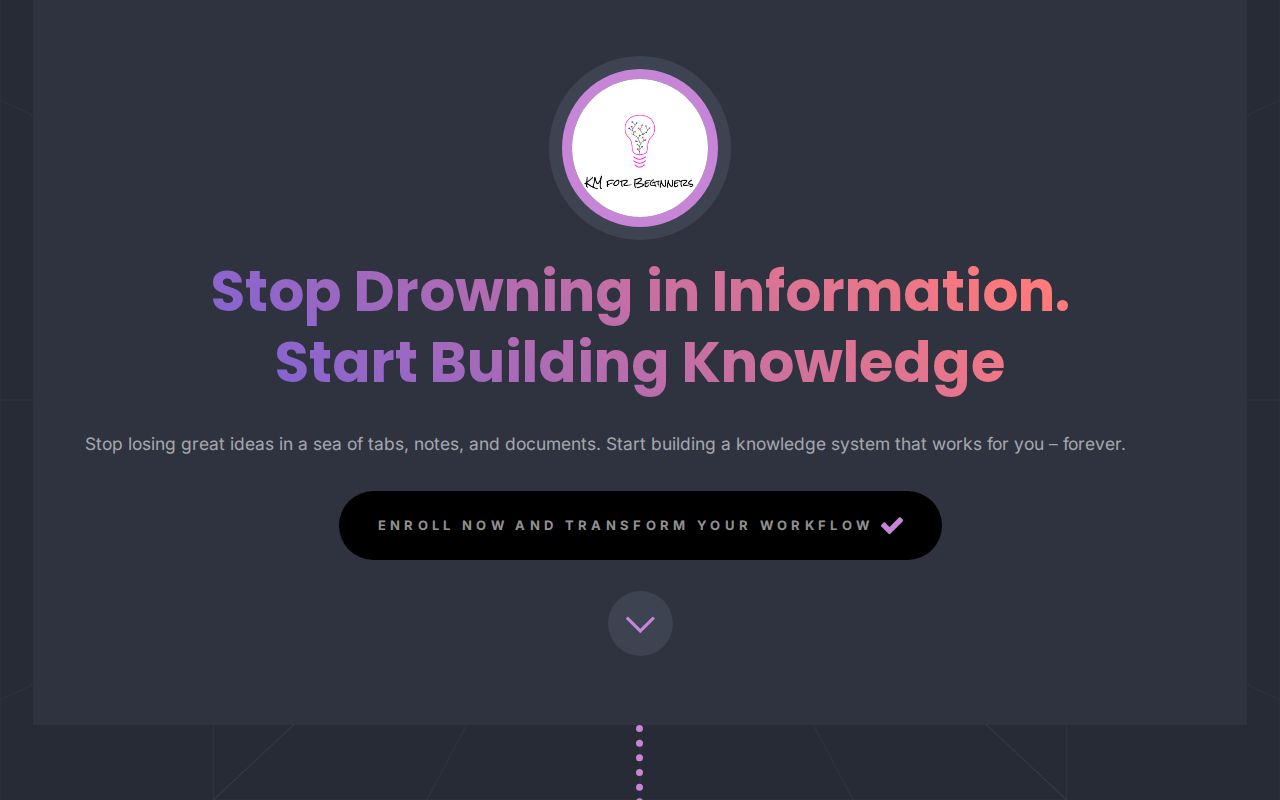
An important thing to mention is that learning often implies making sacrifices. If you can’t learn things during the work day, then you’ll need to make time outside of it, whether by shutting down the TV only after one episode of your favorite TV show or by waking up earlier. Make time for learning, don’t try to find it; you never will!
Also, invest in and improve your google-fu. Using search engines efficiently is a killer skill for everyone on earth, well worth a few hours of your time. There are tons of things to say and know about this single point. But really, learn how to combine keywords effectively, which words to use, when to quote things to get exact matches or use resource type prefixes to get specific data that you’re looking for. The quality of your searches will drastically improve your capability to find the right information quickly. I might write some articles about this in the future, even though I’m pretty sure that there are tons of things out there already.
Last but not least, do use AI and Large Language Models (LLMs) (e.g., OpenAI ChatGPT, Claude, Bard, etc). Those are very powerful. While you need to be careful about bias and hallucinations, those can really help you learn more, and faster.
That's it for today! ✨
Now go ahead and learn something new!
About Sébastien
I am Sébastien Dubois. You can follow me on X 🐦 and on BlueSky 🦋.
I am an author, founder, and coach. I write books and articles about Knowledge Work, Personal Knowledge Management, Note-taking, Lifelong Learning, Personal Organization, and Zen Productivity. I also craft lovely digital products . You can learn more about my projects here.
If you want to follow my work, then become a member.
Ready to get to the next level?
To embark on your Knowledge Management journey, consider investing in resources that will equip you with the tools and strategies you need. Check out the Obsidian Starter Kit and the accompanying video course. It will give you a rock-solid starting point for your note-taking and Knowledge Management efforts.
If you want to take a more holistic approach, then the Knowledge Worker Kit is for you. It covers PKM, but expands into productivity, personal organization, project/task management, and more:
If you are in a hurry, then do not hesitate to book a coaching session with me:


